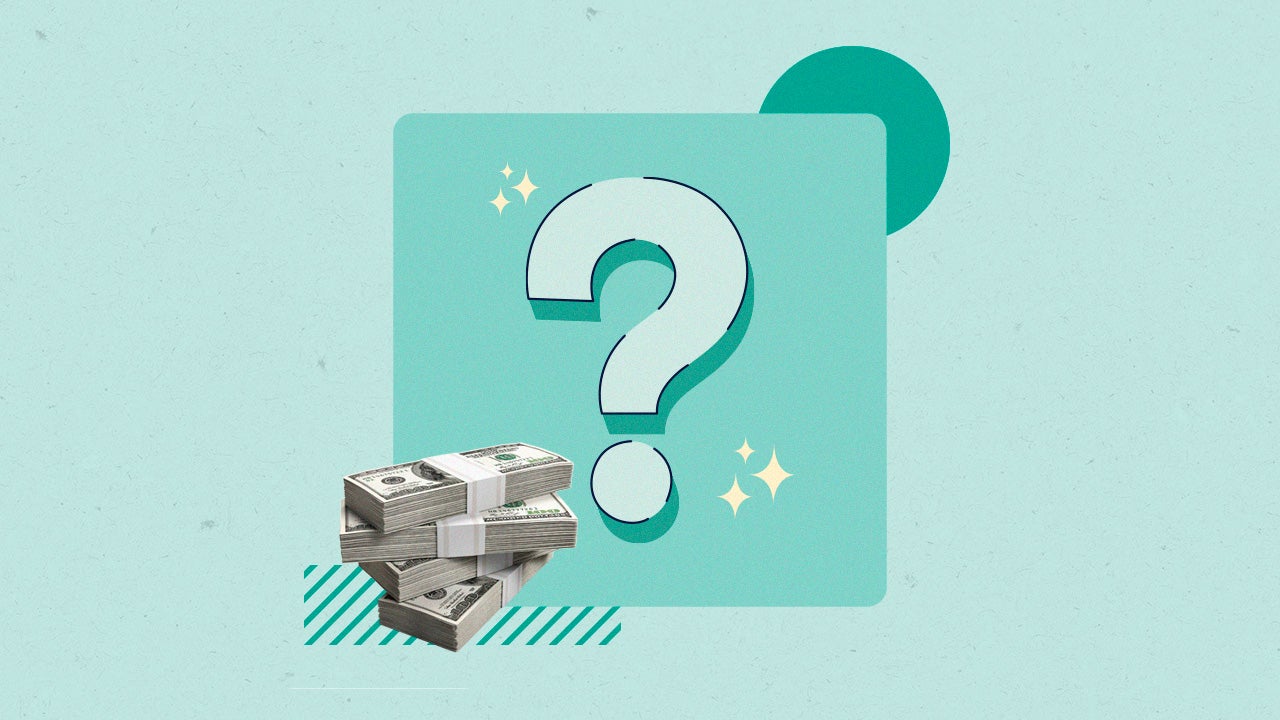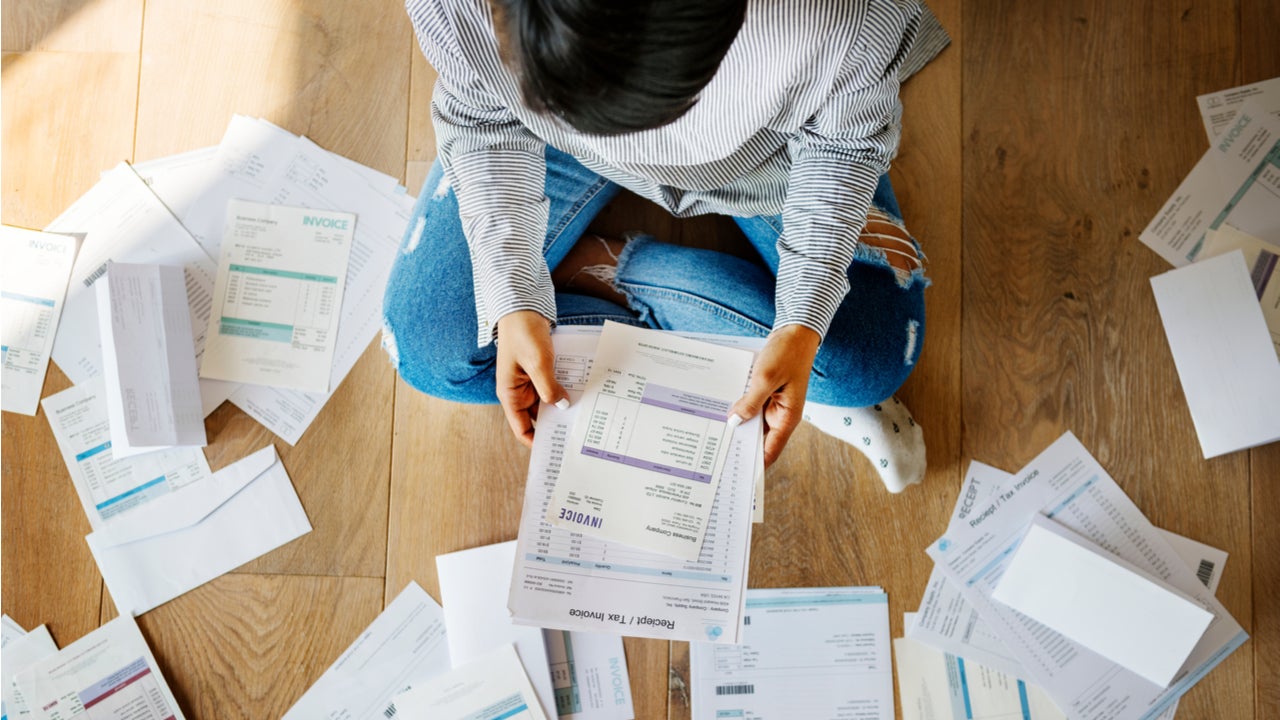Myths and facts about debt relief



If you’ve been struggling to keep up with your debt, debt relief can help reduce your burden and make your monthly payments more easily on unsecured debt.
Debt relief can have many different meanings, processes and requirements depending on the organization, so it’s easy to misunderstand what debt relief is and how it works.
By knowing the truth about debt relief, you can be more informed about whether it’s the right option for you.
Let’s review some myths and facts about debt relief.
Myth: All debt relief is a scam
While reducing your balance and lowering your debt payments might seem too good to be true, there are legitimate debt relief companies and programs that can genuinely help you.
Debt relief companies will negotiate down unsecured debt with your lenders, reducing your payments and the amount owed. This legal and legitimate process known as debt settlement has helped many of those with debt pay off their balance sooner and more effectively.
Unfortunately, some scammers will pose as debt relief companies to take your money or steal confidential information from you. Some businesses promise more than they can deliver while charging exorbitant fees.
Fortunately, there are several ways to tell these companies apart.
Legitimate debt relief companies will:
- Be upfront with their criteria and requirements to qualify.
- Communicate how much their fees are and how much you will be charged.
- Charge you only after you’ve agreed to the process and have seen a reduction in your balance.
- Communicate how your debt, finances and credit report will be affected by the debt relief process.
- Encourage you to seek other resources to help pay off your debt and manage your finances.
- Be transparent about how debt settlement works.
- Only ask for your personal information once the application has been processed, and do so in a secured, confidential and limited manner.
- Have positive customer reviews and ratings from accredited third-party sites such as the Better Business Bureau.
- Refer you elsewhere if you don’t meet the requirements for their debt relief program.
- Request payment through secure channels or roll fees into your debt repayment plan.
Illegitimate debt relief companies and programs will:
- Be vague about the criteria you need to meet or claim that any kind of debt you’re in can be relieved no matter what.
- Not be transparent about their fees, or claim no fees are involved — only to charge you later in the process.
- Demand an upfront fee.
- Claim that the relief process won’t impact your credit score.
- Discourage you from seeking help by telling you to keep communications a secret from friends, family and the authorities.
- Keep the debt relief process unclear.
- Demand personal information such as your bank account numbers, Social Security number or credit card details immediately.
- Have no or negative reviews outside of their site.
- Claim that the company is the only one that can help you or threaten that your money or property can be seized.
- Demand payment in unusual ways, such as by mail, cryptocurrency, gift cards or wire transfer.
While legitimate debt relief companies can truly help you, if the debt relief company you’re working with exhibits any of the above red flags, walk away.
Myth: Debt relief is the same as debt consolidation
Debt relief and debt consolidation aren’t the same.
Debt consolidation involves combining two or more loans into a single balance, which comes with a new interest rate and a new, single payment. During the consolidation process, the borrower will take out a loan totaling the amount they currently owe and pay off their old balances with the money from the new loan.
Consolidation can help simplify the borrower’s payments on their debts and may help save on interest, depending on the rates on the old loans and the interest rate on the new loan. Borrowers will generally have to have a good credit score to take out a consolidation loan, making it a limited option.
Debt relief, on the other hand, reduces the overall balance of the debt. Debt relief companies negotiate the loan balance down during the debt settlement process, reducing the borrower’s payments.
Both debt relief and consolidation can be part of a debt repayment strategy. Some debt relief companies may recommend you consolidate your loans during the settlement process if you have multiple debts.
However, if you’re looking to reduce your debt payments by a significant degree, debt consolidation may not be the only option you want to consider.
Myth: Debt relief is the same as bankruptcy
Debt relief differs from bankruptcy, though the two processes share some similarities.
Bankruptcy is when debts you can no longer pay are absolved or reorganized. There are several types of bankruptcies you can file for depending on the kind of debt you’re in and your income.
With Chapter 7 bankruptcy, your assets (such as your car, your house and your bank account balances) are used to pay off your existing debts. Afterward, any remaining debt is forgiven by your creditors.
Chapter 13 bankruptcy allows you to keep your possessions in exchange for paying off your debts. In this case, your debts are consolidated into one balance, to which you make one monthly payment over three to five years. While some unsecured debts may be forgiven, you’re still expected to pay off the remaining balance.
Bankruptcy is a legal process handled by government courts. You need to file formally for it.
Debt relief, on the other hand, is generally handled by third-party private agencies who will negotiate with lenders on your behalf to lower your balance.
While the qualifications for debt relief are more narrow than bankruptcy — generally, debt relief programs only apply to unsecured debt like credit card, personal or medical debt — your assets won’t be used to repay your debts and you can still reduce your payments.
Both bankruptcy and debt relief can impact your credit. Bankruptcy can stay on your credit history for seven to 10 years. Debt relief, while not directly reported in your credit history, can also cause your credit score to plunge.
Whether you pursue debt relief or bankruptcy will depend on your circumstances, so it’s a good idea to research both and speak to a financial professional to see which works best for you.
Myth: Debt relief is for people who are bad with money
Debt relief and settlement, while a last resort for many, doesn’t mean you’re a failure with money. Getting into debt that you’re unable to pay off can happen for several reasons, some of them unavoidable.
Debt isn’t something to be ashamed of. Mortgages and business loans are both viable options for building wealth and investing in something that can grow. Other kinds of debt — such as medical debt or a loan to cover an emergency expense — can be necessary for someone regardless of income level.
Combine that with a job loss, a huge increase in the cost of living, high interest rates or other debts, and it’s no wonder why 64 million Americans have debt in collections.
Debt relief can offer a break from the cycle of debt and interest by establishing a payment plan that works for your income level and by lowering the overall balance of the debt owed. This means you can pay off your debt in months instead of several years and keep your debt payments from completely taking over your budget.
Debt relief doesn’t mean you’re running away from financial responsibility. Instead, it gives you a way to pay off your debt and start fresh in a reasonable timeline instead of being burdened with payments for many years to come.
Myth: I make too much money for debt relief
A high income doesn’t necessarily disqualify you from a debt relief program. The key thing to consider is your debt-to-income ratio.
Even if you make six figures, if your debt is more than your annual income or if you’re struggling to make the monthly payments even after paring down your expenses, it might be time to consider debt relief.
If you’re unsure whether you qualify for a debt relief program, consider finding one offering free consultations. Companies like National Debt Relief can assess your debt and income without having to commit, allowing you to decide if debt relief is the best option for you.
Myth: All debt relief companies are equal
While a legitimate debt relief company can help you reduce your debt balance, not all companies do it the same way. Finding a debt relief company that cares about your circumstances can go a long way in making your debt repayment journey easier.
National Debt Relief, for example, goes beyond simply negotiating your balance down. Each certified debt specialist can help you build a repayment plan that works for you as they negotiate down your debt, considering your lifestyle, necessities, income and other financial goals and circumstances.
This can help you pay off debt, stick to your repayment plan and stay out of unsecured debt in the future, giving you a light at the end of the tunnel and something to work towards after your debt is paid off.
A good debt relief company can also connect you to resources that can help you during and after you pay off your debt. For example, National Debt Relief helped one client who wanted to travel during her retirement by connecting her with a credit repair company after she graduated from the debt relief program. Once her credit score was boosted, the client could apply for a travel credit card and pay for her hotels and car rentals.
A debt relief company that truly cares about your life and finances — and not just your debt balance —can help you achieve your financial goals and build a solid structure to stay out of debt in the future.
Myth: It’s not possible for me to ever pay back all of my debt
If you have an overwhelming balance, multiple debts or have been in debt for a long time, it may seem impossible to pay off your debt in your lifetime.
This doesn’t have to be the case. Even if your interest rates are high and you can only make the minimum payments on your debts, you can still reduce your timeline, balance and payments by working with a debt relief company.
If you’ve exhausted all other options like consolidation, refinancing, deferment and paydown strategies, debt relief can help you.
By working with a debt relief company, you can adjust your payments to your income, allowing you to pay for your essentials and build your savings back up. Debt relief companies will give you a timeline with a clear end goal, giving you something to work toward.
You can free yourself from calls and letters from collectors and, once your balance is paid off, begin your financial journey anew, debt-free and ready to start again.
What next?
Having all the facts about debt relief can help you make informed decisions about whether it’s right for you. Be sure to research, find a legitimate company that can meet your needs, and see how it can work with other debt repayment methods.
Debt relief, even if you don’t think you qualify, can still be an option.
If you want to learn more about managing your finances, your mental health and your debt repayment plan, check out Bankrate and National Debt Relief’s ongoing article series about all things debt. Watch this space for tips, tricks and exclusive stories from readers like you and their debt repayment journeys.
Why we ask for feedback Your feedback helps us improve our content and services. It takes less than a minute to complete.
Your responses are anonymous and will only be used for improving our website.







